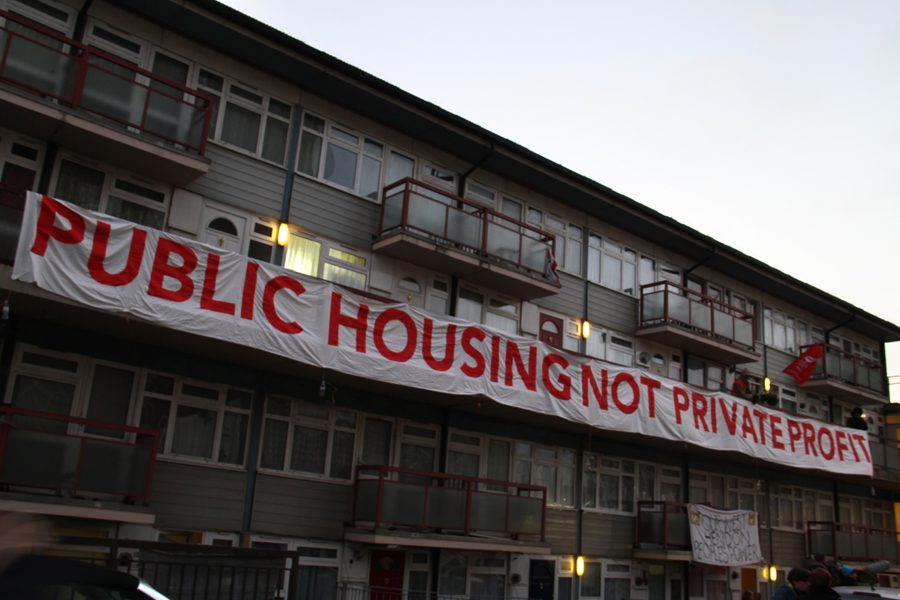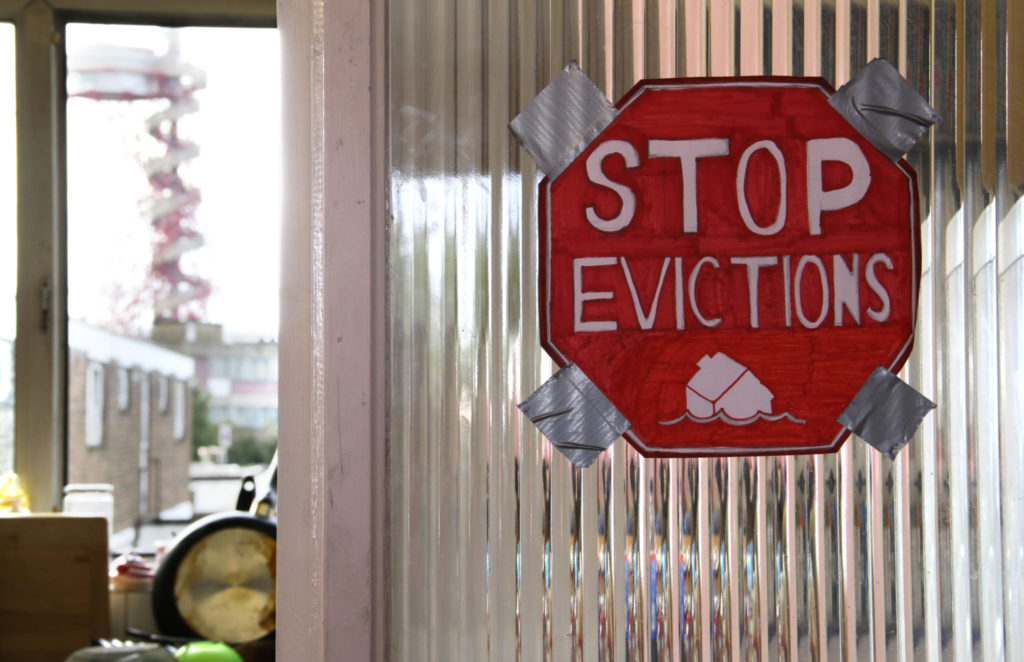The government’s ambitious ‘Everyone In’ policy, which saw 15,000 people moved off the streets and into hotels and hostels around the country, is coming to an end.
Despite promises of more cash for local governments and the strong commitment across the political spectrum to stop people ending up back on the streets, there is no clear policy about what to do next. When we combine this with the upcoming end to the moratorium on evictions and the winding down of the furlough scheme, we could be facing the perfect storm that sees the homeless population, and therefore the rough sleeping population, dramatically increase this summer.
Right now the UK is at a unique moment of great potential. We can see a crisis looming down the tracks and we have just seen what incredible achievements can be made when there is a concerted political will from both local and central government to deliver a creative solution to a humanitarian problem.
Bristol City Council’s message from July 10: “We have supported over 400 people into emergency accommodation; this number includes over 60 people with no recourse to public funds. We currently have around 275 people in temporary accommodation and 141 others have moved on to further accommodation that meets their needs. We are continuing to work closely with five hotels and hostels where people are placed. Our aim is to develop plans for move-on accommodation for all, so no one has to return to the street.”
PRSC wants to thank Bristol City Council for the huge efforts made to support and protect the city’s vulnerable people and rough sleepers throughout this pandemic.
We also congratulate Mayor Marvin for adding his voice to the campaign to suspend or scrap the No Recourse to Public Funds status which has left so many people without a safety net.
Looking forward, the council is seeking any landowners that might be prepared to offer their land on a meanwhile use basis to host modular housing for a few years, to provide some immediate and affordable solutions to the critical shortage of accommodation.
These unprecedented times have also led to an innovative collaboration between the council and Vehicles for Change, to provide two temporary sites for vehicle dwellers in Bristol. This is brilliant news, but how temporary is temporary? And just like the people temporarily housed in the hotels, what plan is there to accommodate vehicle dwellers after lockdown? Or to address the increasing numbers of people who are now living in vehicles because they have been priced out of their homes?
Our fear is that, caught up in this immediate crisis, the council may only have the scope to consider short-term solutions such as extending the contracts for those housed in hotels. But right now we urgently need ambitious, creative solutions that tackle the fundamental systemic problems driving so many people from their homes into temporary emergency accommodation, vans or onto the streets.

PRSC is calling for an urgent public debate about how the public funds and political will can be best used to actually start reducing the numbers of people who find themselves homeless or in insecure housing and to sidestep the “cliff edge” that we are heading towards.
Here are some proposals to consider:
Build more council houses
If Boris plans to build, build, build, let’s start to replace the council housing stock that was decimated by the Right To Buy Scheme.
Increase tenants’ rights
Considering what a huge proportion of our income we spend on rent, it is shocking how insecure most tenants are. We are subject to impossibly short term tenancy agreements (generally six months max), random rent hikes, contract terminations or revenge evictions seemingly at the whim of landlords & letting agents. See Acorn’s Housing is Health campaign for their thoughts on tenants’ rights.
Decriminalise and regulate drugs
This may seem to have nothing to do with housing, but once you find yourself sleeping rough, you enter a world of addiction and drug dealers. This affects the security and safety of everyone in hostels, shelters and on the streets, and the criminal justice system is not the place to treat addicts. If addiction was treated as a medical issue rather than a criminal one, a lot of people could more quickly be helped off the streets and the police could be seen as more of a benign force in the homeless community. If you take the distribution of drugs out of the hands of violent criminals and into the pharmacies then you stop a lot of unnecessary street deaths as well as making the streets and shelters safer places. See the research on regulation from Transform Drug Policy Foundation.
Fund social services, mental health services and youth services
After a decade of austerity, the public realm now employs a smaller proportion of the workforce than at any time since 1945. All social services were stretched to the limit before the Covid crisis, but the need for support is only going to rise. People fall through the cracks in the system, and as a householder or family starts to struggle, the resources aren’t there to give them proper support and to stop a problem becoming a crisis.
Read an analysis of the social effects of austerity.
Stop using public money to subsidise overpriced housing.
The Help to Buy scheme is a successful transferral system for taking money out of the government’s pocket and moving it into the hands of developers as a reward for charging more for housing than people can afford. This scheme is a terrible waste of public money that keeps prices unnaturally high. The Help To Buy policy has also led to people facing unaffordable mortgage debts with one in twenty of Help to Buy loan recipients now estimated to be in arrears.
The housing benefits scheme is another effective way of transferring money from the public purse into the pockets of private landlords who are kept motivated to charge rents above the level that the market can afford, knowing the government will pick up the bill.
Read more about the impacts of the Help to Buy scheme.
We should just stop doing this and use the money to build more council houses.
While they are there, central and local government could also stop giving the green light to development after development that fails to provide the legal minimum proportion of affordable housing
Decriminalise Squatting (again)
Squatting is the act of sleeping or living in an abandoned building. It does not include breaking and entering (always been a crime) or moving into someone’s house while they are on holiday (ditto). The rhetoric around the criminalisation of squatting in residential property ten years ago was packed full of lies and distortions.
The public consultation on the law change saw everyone from the police to the charity Shelter argue against the criminalisation of squatting, suggesting that it would remove yet another informal way for homeless people to find safety and shelter, but the government did it anyway and the consequences have been pretty visible. As we face another recession with shops and businesses closing down and people losing their homes, this law change would allow for an informal self help system that has been used many times in the past to help communities to recover from economic crises.

These suggestions do not constitute a complete solution to the current issue of rough sleepers coming out of hotels, or to the wider housing crisis, but we believe they would drastically help.
We also invite anyone else to add their thoughts to what could be done to combat the housing crisis, and interesting suggestions and ideas will be shared on our blog as we receive them.
Without this kind of ambitious change at a national scale we will continue to see ever increasing numbers of people sleeping in doorways, in tents, in vans, on their friends sofas and being kicked out of illegal squats.
These problems have been clear and obvious and with us for a while now.
Lets start talking about the solutions.
